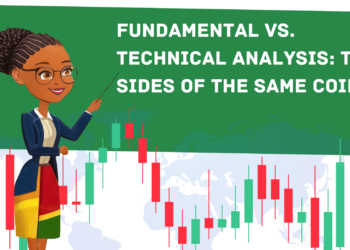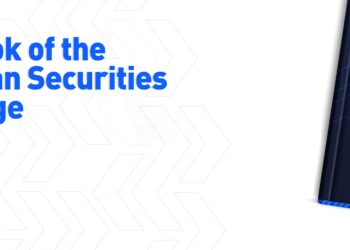The Ethiopian Capital Market Authority (ECMA) has recently introduced Directive No. 980/2024, which outlines the roles, operations, and licensing procedures for Securities Brokers, Securities Dealers, and Securities Digital Sub-Brokers. Here, we break down the essential points in an easy-to-understand manner.
Eligibility and Licensing Requirements
To become a Securities Broker, Dealer, or Digital Sub-Broker in Ethiopia, a company must be registered as a share company or a private limited company with a valid commercial registration or investment permit. For Securities Brokers and Dealers, an additional requirement is to provide evidence of having an Approval-In-Principle for a trading membership from a securities exchange or an over-the-counter trading facility.
On the other hand, applicants for a Securities Digital Sub-Broker license must submit a copy of their agreement with each sponsoring Securities Broker or Dealer. This agreement should clearly outline the terms and conditions of their relationship, including commission sharing arrangements and the handling of client accounts and funds.
Roles and Functions
The roles and functions of these entities are well-defined by the directive. Securities Brokers primarily engage in buying and selling securities on behalf of their clients on licensed exchanges or over-the-counter trading facilities. They may also provide additional services as defined by the ECMA from time to time.
Securities Dealers have a dual role: they buy and sell securities for their own proprietary accounts as well as on behalf of their clients. When engaging in brokerage services, they must follow the same regulations that apply to Securities Brokers.
Securities Digital Sub-Brokers offer digital platforms for clients to trade securities, but they can only do so through their sponsoring Brokers or Dealers. Importantly, Digital Sub-Brokers are prohibited from directly managing or maintaining investors’ funds. Their role is to facilitate digital access to the market while the sponsoring Brokers or Dealers handle the actual transactions and custody of funds.
Key Regulations
The directive includes several important regulations to protect the interests of investors. Both Securities Brokers and Dealers must appoint a licensed Trader as an Appointed Representative to ensure professional and competent handling of trades.
When it comes to managing client accounts, neither Brokers nor their Appointed Representatives can exercise discretionary power without written authorization from the client. This regulation ensures that all trades are conducted according to the client’s explicit instructions and investment objectives.
In cases where a Securities Broker wishes to relinquish its license, the directive mandates a thorough process to safeguard client interests. The exiting Broker must notify clients and the ECMA, transfer client accounts to a new Broker, and ensure that all pending transactions are completed. This meticulous process is designed to prevent any disruption or loss to the clients.
For Securities Digital Sub-Brokers, there are additional requirements to ensure transparency and security. They must have key representatives like a Chief Compliance Officer and a Chief Digital Officer to oversee their operations. Client funds must be kept in a joint account with the Sponsoring Broker or Dealer, clearly indicating the shared responsibility for the funds. Additionally, Digital Sub-Brokers must inform clients about the risks and responsibilities associated with using their digital platforms.
Fees
The directive also specifies the fees for obtaining these licenses. An application fee of 60,000 ETB is required for each type of service provider. The license fee is 132,000 ETB for Securities Brokers and Digital Sub-Brokers, while Securities Dealers need to pay a higher fee of 240,000 ETB.
The Ethiopian Capital Market Authority’s Directive No. 980/2024 sets out clear and comprehensive guidelines for Securities Brokers, Dealers, and Digital Sub-Brokers. By adhering to these regulations, market participants can ensure a transparent, efficient, and secure trading environment, ultimately benefiting investors and the broader economy.





















